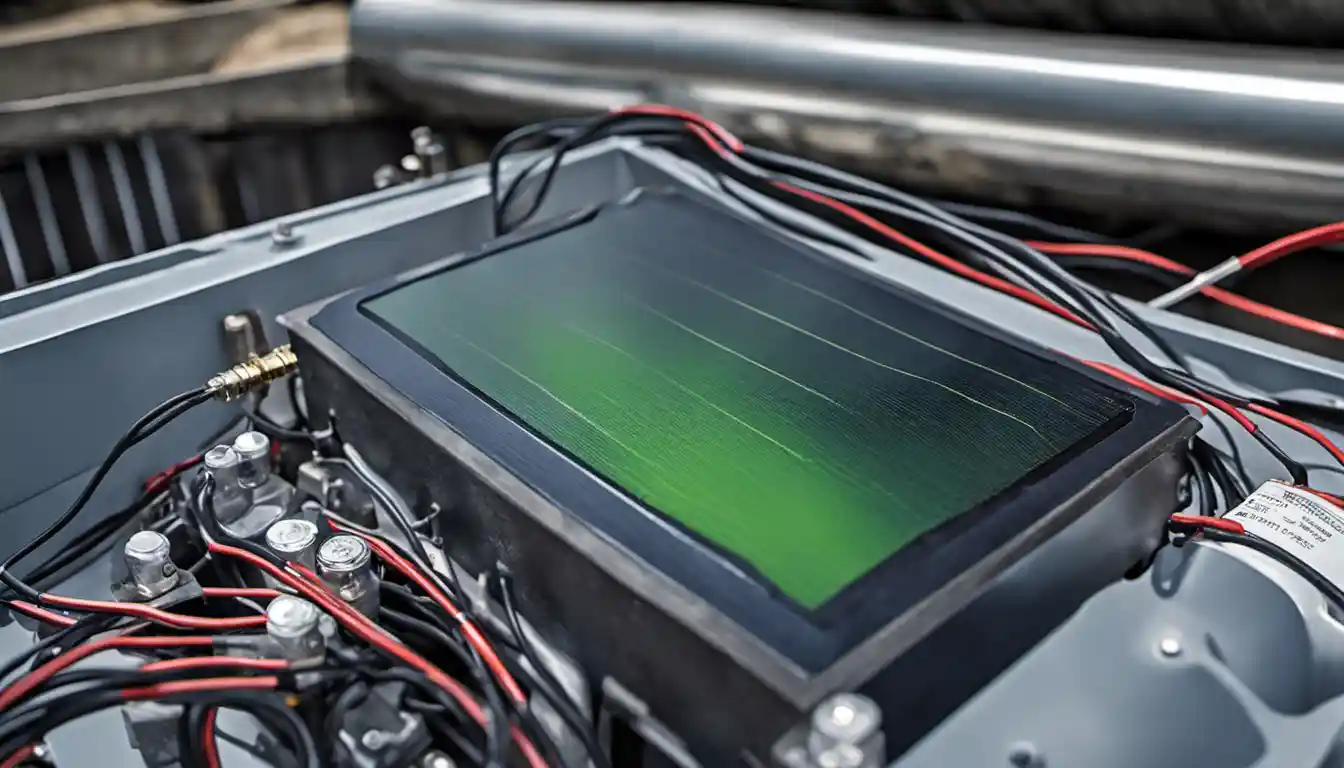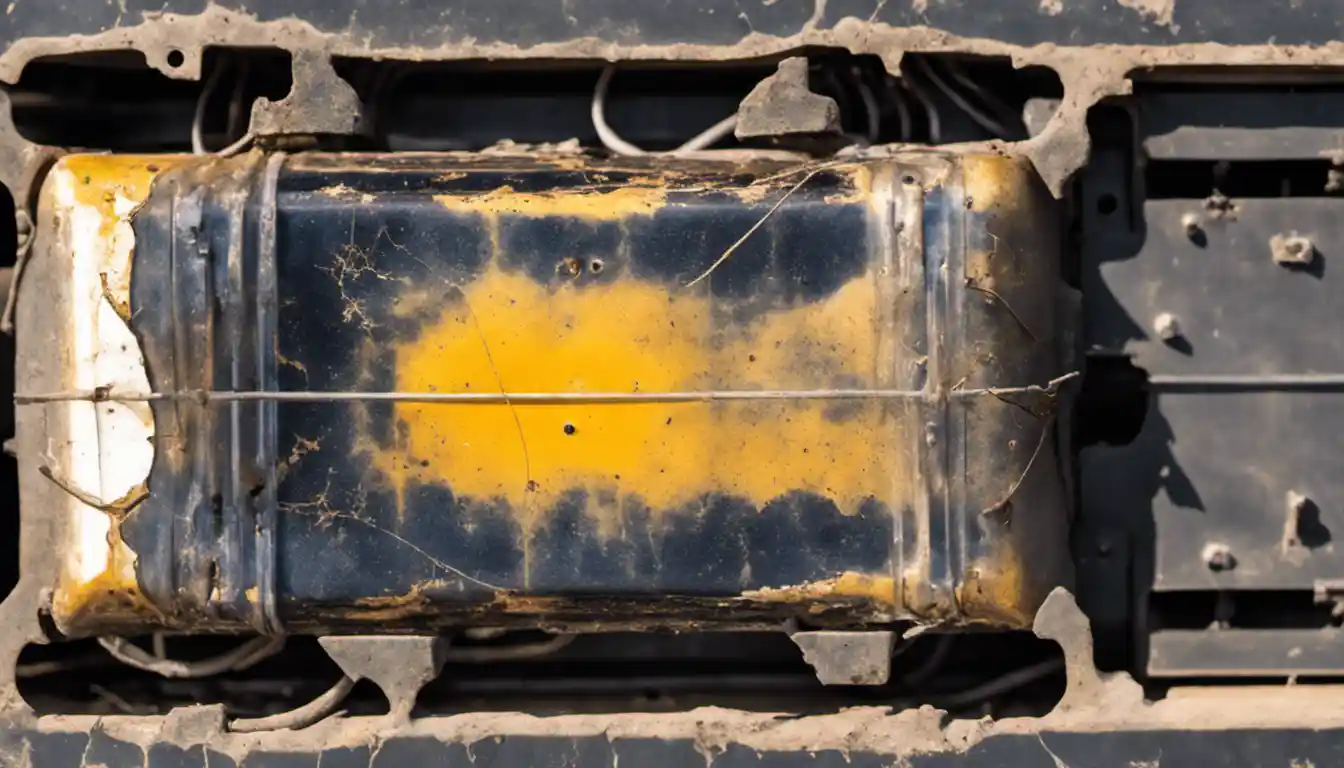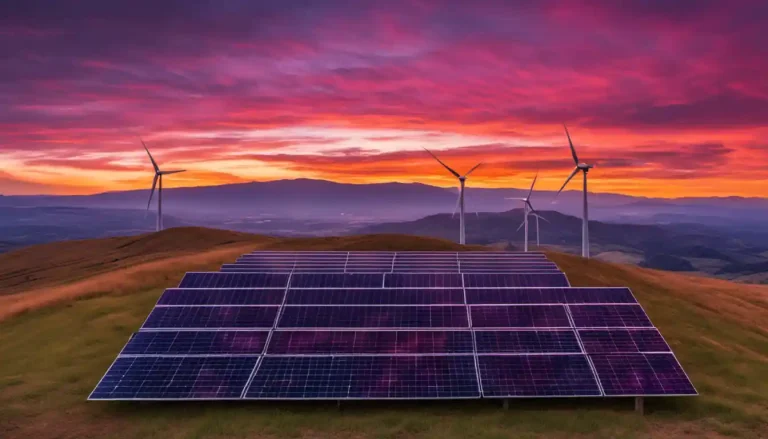Understanding Solar Batteries
The lifespan of a solar battery is typically around 5-15 years, although this can vary based on factors such as the particular brand, usage, maintenance, and the weather conditions where it’s installed. Higher quality models can last even longer and most manufacturers will offer a warranty that guarantees a certain number of years of effective operation.
Solar batteries, the dynamic heroes of the renewable energy domain, aren’t just simple pieces of equipment. They’re technical inventions, capable of storing solar energy and ensuring uninterrupted power supply even when the sun takes its daily break. After two decades in the field, I’ve seen diverse types of solar batteries, including lead-acid, lithium-ion, and deep cycle solar batteries. They each have their strengths and quirks, brilliantly designed to cater to a range of energy needs and environments.
Life Expectancy of a Solar Battery
Every solar enthusiast finds themselves asking, “how long does a solar battery last?” The average lifespan of a solar battery generally sits between 5 to 15 years–a solid one to one and a half decades of sun-powered energy. It’s worth noting, though, that this can swing in either direction based on battery type. For instance, lithium-ion batteries often surpass their counterparts by lasting up to 20 years!
See also: Solar Battery Problems: Understanding and Overcoming Challenges
Factors Affecting Solar Battery Lifespan

So, what influences the lifespan of a solar battery? It all comes down to four primary elements: the type of solar system battery in use, frequency of use, warranty considerations, temperature conditions, and essential maintenance routines. The better you understand these components and tailor your use patterns and care practices, the more lifespan you can extract from your battery. This is where advanced knowledge comes in handy, helping solar energy users make informed decisions that prolong battery use.
See also: How to Test Solar Battery with Multimeter: A Comprehensive Guide
How Long Does a Fully Charged Solar Battery Last?
People often wonder, “how many hours does a solar battery last after a bright and sunny charging day?” It’s a valid question, given how it affects your energy availability during the night or during cloudy, sunless days. The power storage capacity of a solar battery varies greatly depending on its size and specific model, but most home systems are designed to keep your home running for 24 hours on a full charge. Of course, the more energy you use, the quicker your reservoir will deplete.
See also: How to Fix Solar Battery Over Discharge: A Comprehensive Guide
The Duration of a Solar Battery at Night

This brings us to the pertinent question—”how long does a solar battery last at night?” Just like during daytime use, this hangs on the energy usage of your household. A smaller, more energy-efficient home might get through the night on a half charge, while a larger home with high energy use might deplete a fully charged battery before morning. Learning to manage the energy diet can prevent late-night outages or the need to draw from the grid, ensuring your home stays powered and your energy bills remain low.
Lifespan and Replacement of Various Solar Battery Types
The type of solar battery you choose affects not only “how long does a fully charged solar battery last” but also the long-term lifespan and frequency of replacement. For example, Lithium-ion phosphate batteries are champions in lifespan, often outliving their 10-year warranties. On the flip side, gel batteries and Absorbed Glass Mat (AGM) batteries tend to have shorter lives, typically needing replacement after 5-7 years. Per my experience, it’s wise to choose a battery type that suits your energy needs, environmental conditions, and budget.
If you want to discover some of the best-performing solar batteries in the industry, check out our review page on the Best Solar Batteries we’ve encountered in our work.
Identifying a Deteriorating Solar Battery

Being able to identify when your solar battery is going downhill is crucial. Not only do you avoid those unexpected blackouts, but you can also prepare for battery replacement before performance dips and your energy costs rise. Some of the common signs of a failing solar battery include its inability to hold a charge, bulging, and a drop-in performance. Don’t panic though! Check out our detailed guide on how to detect a bad solar battery and what steps to take next.
In the end, the answer to the question, “how often do solar batteries need to be replaced” depends on several variables, including your specific system and usage. Just remember, staying proactive about your battery’s health ensures it gives you optimum performance for as long as possible.
Ending Remarks
When it comes to the question “how long does a solar battery last” there isn’t a simple, one-size-fits-all answer. By understanding all the factors at play, you can maximize your solar investment and enjoy the magic of renewable energy for years to come.
Never underestimate the power of good battery maintenance. Done right, it can add years to the lifespan of your solar battery. To dive deeper into solar battery care, head over to our solar battery maintenance guide.
Remember, the journey to a sustainable future powered by the sun is in our hands. As an experienced solar energy expert, I urge everyone to empower themselves with knowledge and take the plunge towards an energy-efficient lifestyle. The more we understand, the longer our solar batteries will serve us, and the closer we’ll be to a brighter, greener future.



